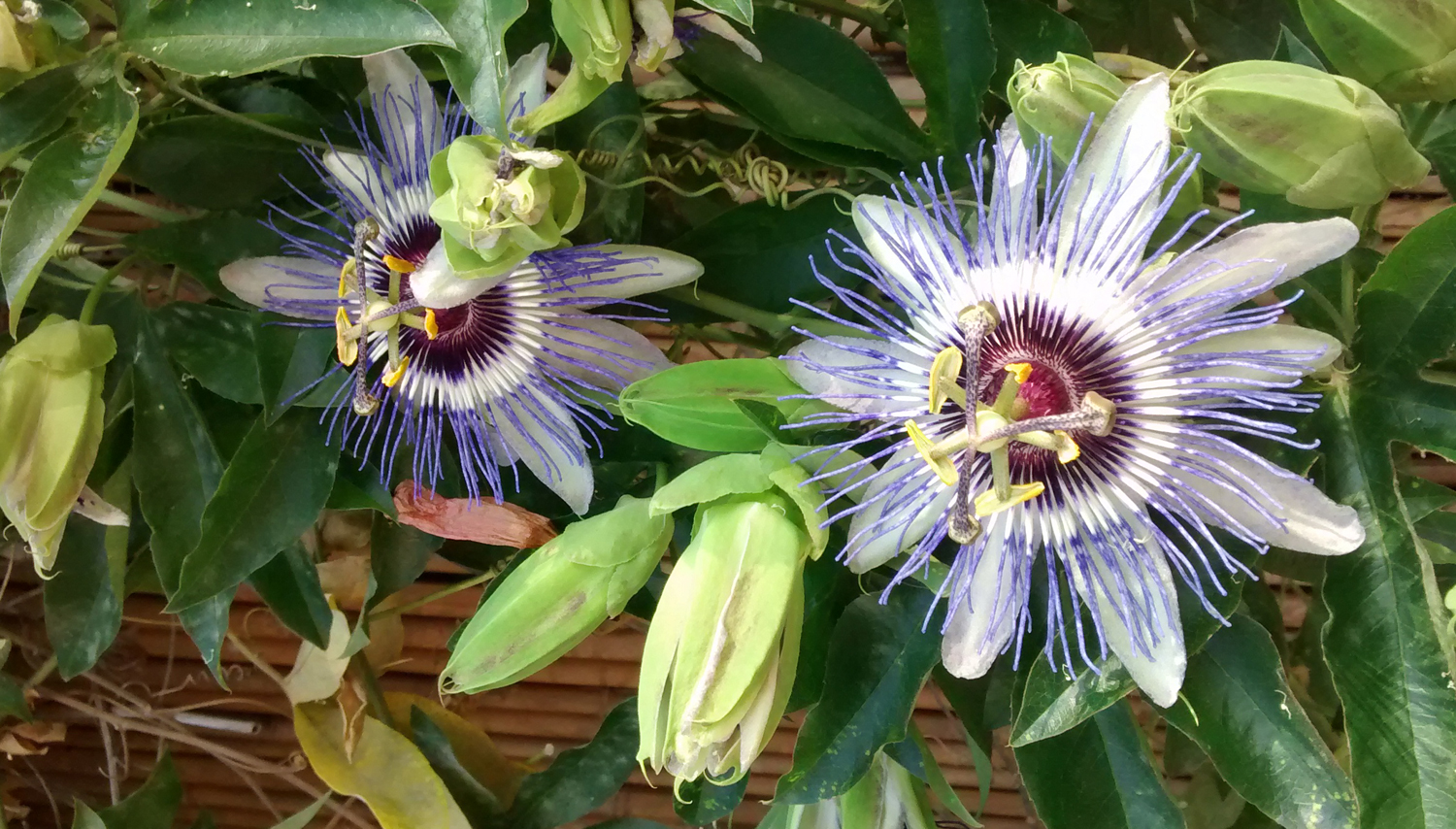Research on the topic of high sensitivity has shown that about a fifth of the general population is highly sensitive.
This is connected to a specific trait in the operating system of their central nervous system. Though to be clear – high sensitivity is not an illness or disorder,
but rather a special aptitude, the potential of which can be used to its highest degree if one learns how to master the corresponding challenges.
Indeed, I am thrilled to be able to assist in that learning process with the services that I offer.
- welcome@jasminerinyaschuler.com
- +49-7641-9337909
Hochsensibilität - was ist das?

Highly sensitive people (HSP) are far more aware of inner and outer stimuli and process them more intensively than others. Their emotional inner life can be very intense. Highly sensitive people are often able to have a higher level of empathy, a stronger sense of intuition, high expectations of themselves, can be very conscious of their responsibilities, place a lot of value on precision and may have a very lively sense of creativity. They often experience a higher level of sensitivity to one or more of their senses e.g. in regards to louder or repetitive sounds, strong light stimuli, more intense smells or physical contact.
However, this dramatically differentiated ability to perceive, the more intense process of engaging with these perceptions, along with a much longer lasting effect of impressions and experiences can lead more quickly to overstimulation for those who are highly sensitive than for those who are less sensitive.
The effects of overstimulation are rather similar for most people: rising tension in the body, emotional irritability, exhaustion and feeling drained along with a diminished ability to act. The feeling of being overwhelmed can easily come up if there is too much information coming in at the same time. This can cause difficulties in making decisions, and can result in lower self-esteem. In addition, if an individual either lacks or does not have a strong enough “energetic shield”, -can´t set healthy boundaries, – to keep a positive distance between themselves and others, then persistent overstimulation and the experience of chronic exhaustion may be the result. Psychological and physical illnesses may arise if these feelings persist over a longer period of time. In order to be able to step out of this negative dynamic, one has to become conscious of their each and every individual need and sensitivity. With this awareness, you will then be able to structure your everyday life in such a way that you can avoid constant overstimulation and routinely use and take care of your own resources.
In addition to that, there are various highly efficient and easily usable tools which can contribute to keep the central nervous system in a healthy balance and to stabilize it as well as emergency techniques for crisis situations. I teach these techniques in the seminars on Emotional First Aid and Meridian Balance and possibly also in individual sessions.

As important as the conscious steering of external stimuli, is the ability to protect oneself from a flood and overload of internal stimuli – through emotions, thoughts, memories, bodily perceptions (e.g. pain).
Psychological wounds that have not healed, and unintegrated heavy experiences and inner conflicts can lead to a permanent state of internal overstimulation. In this case, I recommend using appropriate measures to reduce or clear out these inner stress factors and energy consumers.
From my own experience, I can say that the concept of Somatic Experiencing (SE)® developed by Dr. Peter Levine for the resolution of trauma, is particularly suitable for dealing with such situations. SE works with body sensations and shows how to break down overwhelm both efficiently and promptly. With a little bit of practice it allows you to discharge stress at the first signs of increasing tension by a very direct body awareness. This way you can break the cycle of being overwhelmed before it is in full progress and consciously connect with a ressource, that works well for you.
Kostenloses Erstgespräch & Kontakt
Wenn Sie gerne mehr darüber erfahren möchten, wie meine Angebote Sie dabei unterstützen können, Ihren individuellen Herausforderungen als hochsensibler Mensch wirkungsvoll zu begegnen und die Schönheit und die besonderen Gaben Ihrer Sensibilität immer mehr auszukosten, können Sie sich gerne zu einem kostenlosen Erstgespräch anmelden.
Ihre Fragen können Sie mir auch über das Kontaktformular stellen.
Ich freue mich darauf von Ihnen zu hören/Ihnen persönlich zu begegnen!
Rückmeldungen von hochsensiblen Klienten
„Gleich in der ersten Behandlung habe ich mich mit meinem persönlichen Thema sehr angenommen gefühlt: einem sehr alten Gefühl von nicht geliebt und angenommen sein und der daraus entstandenen Schwierigkeit/Herausforderung von emotionaler Instabilität und Verletzlichkeit. Durch dieses Gefühl von angenommen sein durfte alles da sein und das war unglaublich erleichternd. Du hast ein unglaubliches Gespür und eine sehr wertschätzende und liebevolle Wahrnehmung für die Seele des anderen und alles, was sich im Hier und Jetzt ausdrücken möchte. Auch Deine Kurse sind eine große Bereicherung. So darf ich immer wieder auf sehr vielseitige Art und Weise, auch im Austausch mit anderen, mir selbst begegnen.“ Exportsachbearbeiterin, 33, Reute, HSP
„Ich habe über Skype an einem 8 teiligen Seminar über Klangmeditation und Heilbehandlung von Jasmin Schuler Teil genommen. Durch das Seminar habe ich viel über Chakren gelernt und vor allem gespürt, wie kraftvoll sie sind. Ich habe dadurch viel über mich selber gelernt und gesehen, wo ich im Leben noch Schwierigkeiten habe. Dieses Seminar ist höchst wirksam und etwas was ich sehr gerne regelmäßig machen möchte und sehr empfehlen kann. Ich habe mehr Lebenskraft, Vertrauen und innere Ruhe durch Jasmins Seminar bekommen.“ Unternehmerin und Mutter, HSP
